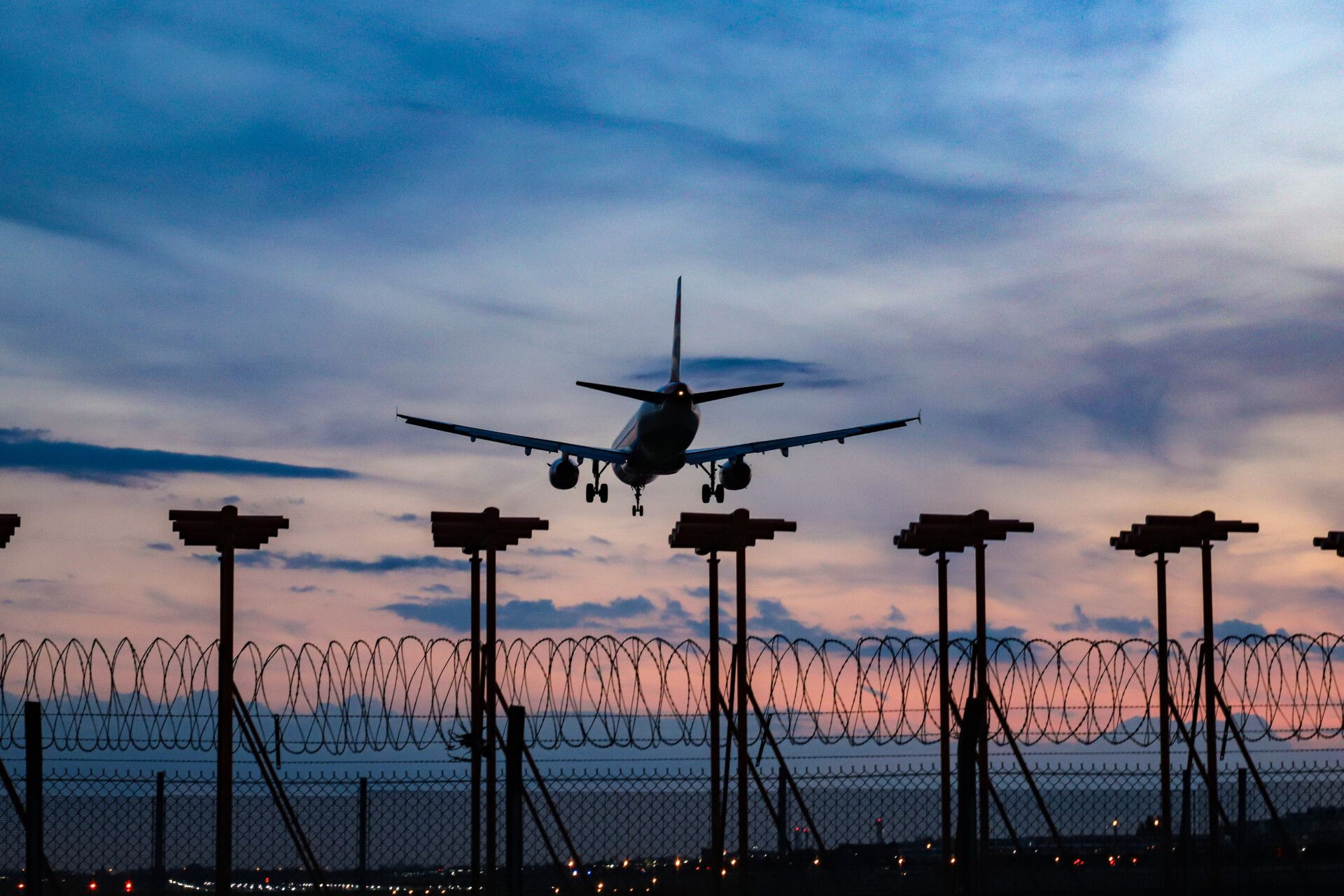The European Commission has released its official decision regarding France's ban on short-haul flights. The EU executive has confirmed the French ban to be legal. The confirmation is contingent on the ban lasting for only three years. Since the ban's adoption last year, it has received heavy pushback from airlines, airports, and other aviation organizations.
Ban approval
The EU's decision to support the ban came after continuous in-fighting within the EU and the French aviation industry. The ban prohibits domestic scheduled flights within France from being operated if an alternative means of transportation, specifically by train, is available and can be completed in under two and a half hours. The argument for banning these flights has been spearheaded by climate change activists and political figures in favor of reducing carbon emissions.
When the ban was first imposed in 2021, it would restrict eight routes across France. This recent decision from the EU to approve the prohibition has clarified that an existing rail route capable of transporting the same amount of passengers between the same locations that the airline route in question does must be in place for the air route to be prohibited under the ban. This decision limits the ban's scope from eight routes to only three. The other routes previously limited by this ban may later be prohibited as rail systems improve and networks expand.
Another stipulation that came with the EU's decision is that all transit route prohibitions must be non-discriminatory, which means that they do not affect competition between air carriers. It has also stated that the restrictions should not be any more restrictive than is necessary to fix the problem. The EU has only approved the ban for three years. As it has been in effect for one year, it requires French lawmakers to review the ban and its effectiveness and merit in two years.
Get the latest aviation news straight to your inbox: Sign up for our newsletters today.
Opposing arguments
As trains are a more environmentally friendly means of transportation, it is argued that short-haul domestic flights are meaningless and produce unnecessary carbon emissions. Once the ban was implemented last year, it immediately received heavy backlash from the aviation industry. The resisting parties argue that the banned flights offer critical connections across France from other airports. They also argue that the ban has minimal effect on carbon emission output as it only affects a few routes. These parties claim that the prohibition harms the economy more than it benefits the environment.
Climate change groups see the ban approval as a victory, albeit small. A representative for the Greenpeace climate change organization, Thomas Gelin, shared the following concerning the bans' approval,
"The French ban on short-haul flights where quick train connections exist is a baby step, but it's one in the right direction. The small improvement the EU has asked the French government for is welcome – but now it's time to remove any outstanding ambiguity and make it clear to other EU countries that banning short haul flights is the way to go for the future. It's high time for Europe to curtail the aviation industry's skyrocketing emissions and invest in climate-friendly transport instead."
What do you think of the EU's decision to approve the short-haul flight ban? Do you think other countries may follow France's example? Let us know in the comments below.
Source: Politico, Greenpeace


